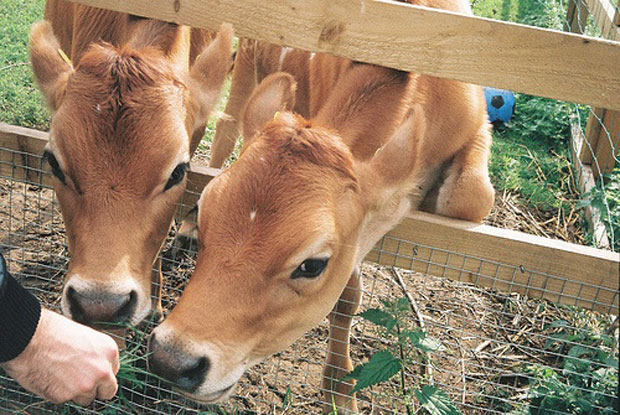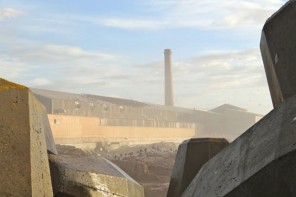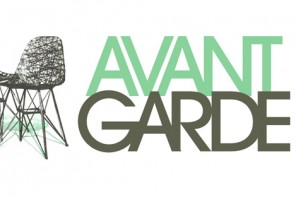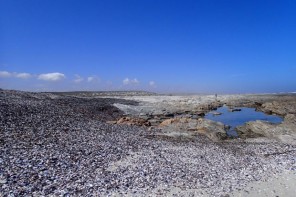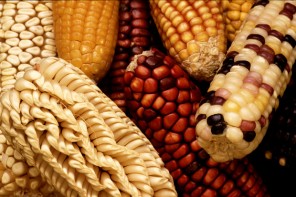The meat debate has been around for as long as anyone can remember. But while some choose to go vegetarian or vegan, local activist Tozie Zokufa has dedicated his days to promoting a more ethical model for the meat industry.
Representing the South African branch of international organisation Compassion in World Farming, Tozie works to promote their message of safe, fair and green meat production. They talk about the importance of a careful use of resources, supporting rural livelihoods and protecting the welfare of workers and animals. Unfortunately the current system of large-scale, factory farming is not like this at all – their project website Raw explains how this causes much pollution, resource waste and even poses as a health risk.
The alternative is many small-scale farms that follow the principles of organic and free range. This may be a simple message, but in order to get enough power behind it we need people like Tozie to convince us. He spends his days chatting to local animal farmers and consumers as well as large retailers – even policy makers in national government. People also get to hear about this idea for a better system through the organisations magazine Animal Voice.
Compassion towards animals is a new idea, especially in an industry that benefits directly from their death. But it is worth noting that the kind of system Tozie argues could help save water as well as prevent carbon emissions. By decentralising the industry you could also prevent corrupt control, as currently most of SA’s farmers (and their methods) are dictated by stakeholders, with a long supply chain further complicating the issue.
Tozie also believes that a different approach to the meat production could help solve two of South Africa’s biggest issues; unemployment and obesity. This is because small farms that use more natural methods would require more labour and, according to studies, animals that live in better conditions create more nutrient-rich products.
A big part of his dream is to encourage legislation that makes good quality, ethical meat compulsory – and therefore no longer just for the elite. Although a sudden change in industry would be expensive, those at Compassion in World Farming are suggesting a phase-out, giving farmers up to ten years to change their ways and adapt a more ethical, sustainable and healthy approach. Exciting times ahead…
What can YOU do?
Eat less meat: If you cut down on how much meat you consume you are directly helping to decrease the amount of corruption and cruelty that is the current meat industry. (You may also find yourself shedding kilos!)
Educate yourself: ‘Lack of knowledge really blinds the consumer,’ says Tozie, and points out that compared to European consumers, SA lacks in consumer activism. By learning more about the current situation of the meat industry, especially in your area, you are better equipping yourself to make the right decisions.
Purchase sustainable and compassionate: There are many small local farms and businesses who are already working to produce meat and dairy products that are better for the earth and our health too. By purchasing this way, you can also be assured of better health as well! A good example of this is Spier’s ethically produced meats, available at most health food shops.
Not convinced? Click here for some great examples of how humane and sustainable farming CAN work.

